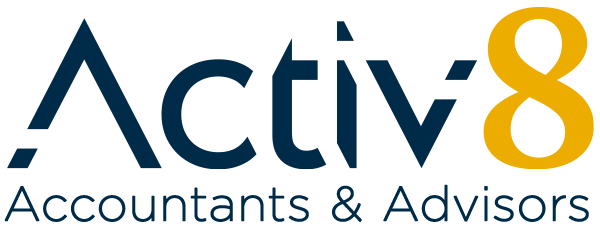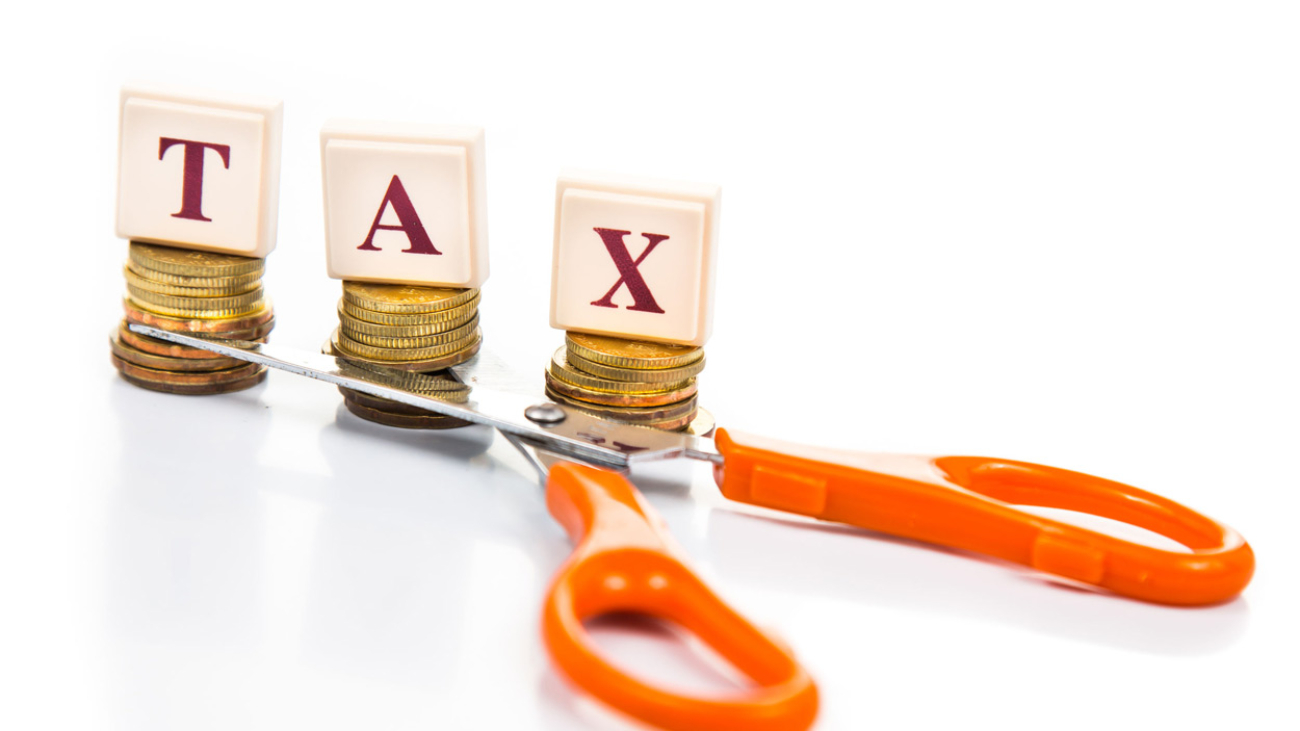One of the key pillars of this year’s federal budget was the future and backdated tax cuts. The “stage two” tax cuts originally set down for the 2022-23 year have been brought forward and backdated to July 2020.
The measures are expected to see lower and middle-income earners receive tax relief of up to $2745 for singles, and up to $5490 for dual-income families – compared to 2017/18. The new tax scales have been released by the ATO now so all employees should be seeing an increase in their take-home pay. You will get the kicker for the backdated portion when you lodge your 2021 tax returns.
The government wants us to spend these tax cuts to drive economic activity. This argument that increased consumer spending will stimulate the economy is debatable as all spending isn’t equal. Spending money on electronics made in China doesn’t benefit our economy as much as eating out at local restaurants.
On top of this Covid-19 has changed the rules of the game. We have seen a fall in private consumption and people are still anxious about outbreaks and shutdowns. In this environment, people will be more likely to save, not spend.
Here are my thoughts on what you should do with your tax cut.
Pay off your debt
If you’ve got debt, pay it off. We have very high household debt-to-income ratios in Australia. Each person will have different priorities at times like these, but if financial security is at the front of your mind then you should be reducing non-discretionary spending and non-deductible debt.
Paying off high interest finance like credit cards and car loans as quickly as you can is about the most effective investment you can make.
Invest
If you don’t have non-deductible debt, then think about your goals and look to invest the tax cuts. Think about your goals and choose investments that are appropriate for the length of time to invest.
Younger people are particularly well served by investing early and often with compound interest on your side.
Now might be the time to sit down with a financial planner to start mapping out the years ahead. We work with a few planners in this space so let us know if you’d like some contact details.
Don’t spend it before you get it
Don’t second guess how much your tax refund is going to be and don’t spend it before you’ve got it. A lot gets taken into account in calculating the tax at year end and you might get caught out.
Also, avoid the Buy Now Pay Later offers such as AfterPay. These lenders are essentially unregulated and borrowers are getting caught out. The ASIC report this week about the schemes highlights that as many as 20% of borrowers are getting into trouble with these credit products. Past financial results have shown that the lenders make between 10% & 20% of their income from late fees. So beware, don’t overcommit and don’t spend more than you earn.


